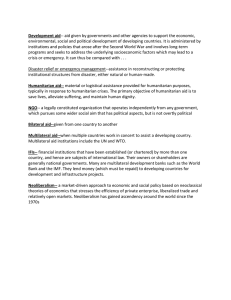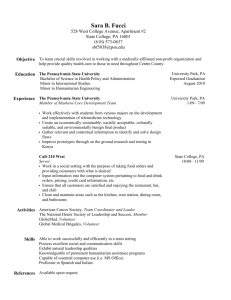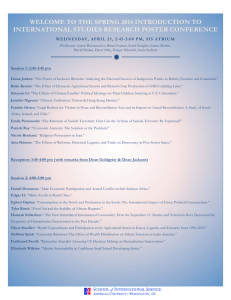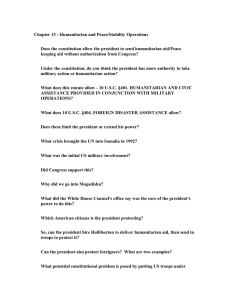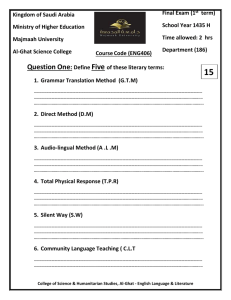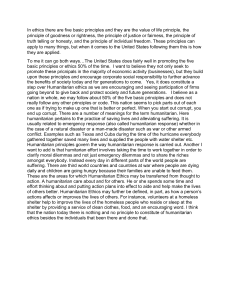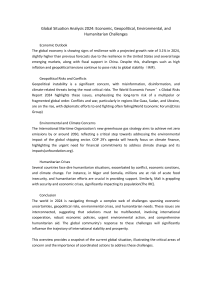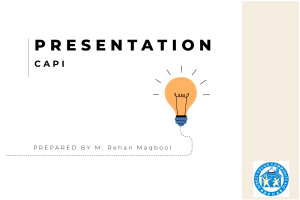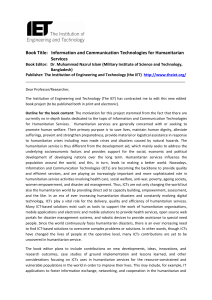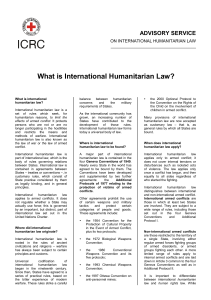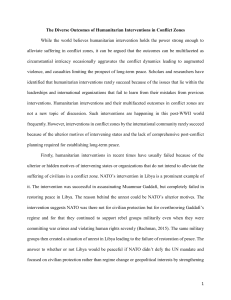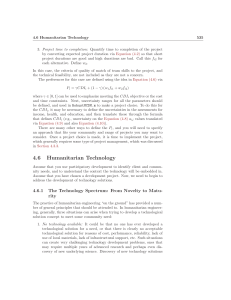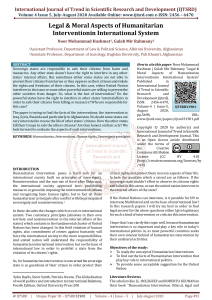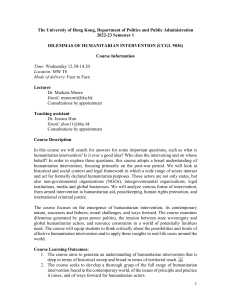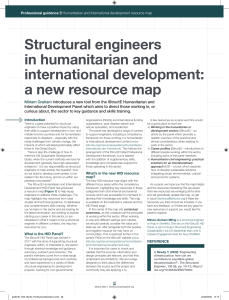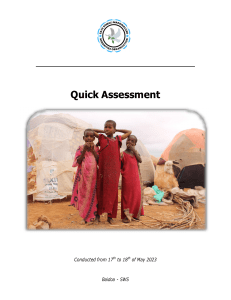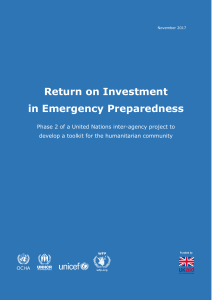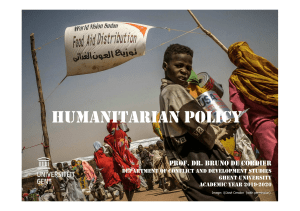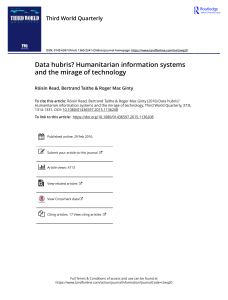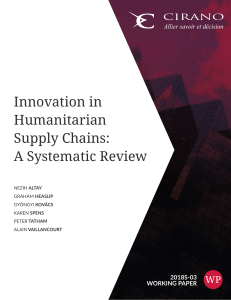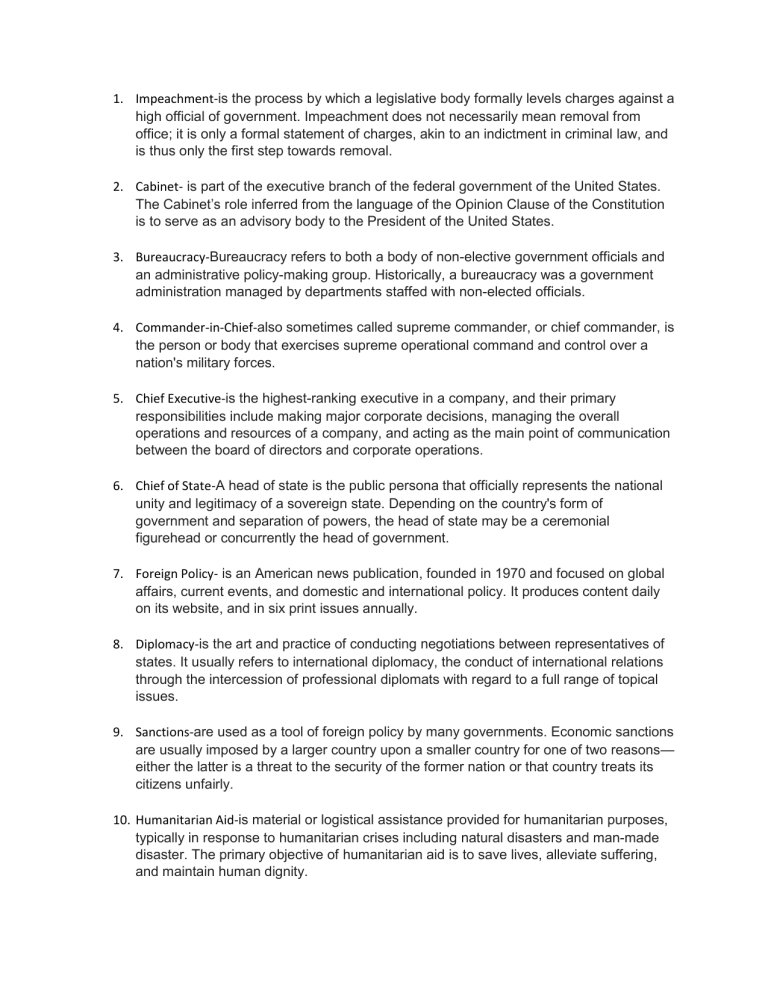
1. Impeachment-is the process by which a legislative body formally levels charges against a high official of government. Impeachment does not necessarily mean removal from office; it is only a formal statement of charges, akin to an indictment in criminal law, and is thus only the first step towards removal. 2. Cabinet- is part of the executive branch of the federal government of the United States. The Cabinet’s role inferred from the language of the Opinion Clause of the Constitution is to serve as an advisory body to the President of the United States. 3. Bureaucracy-Bureaucracy refers to both a body of non-elective government officials and an administrative policy-making group. Historically, a bureaucracy was a government administration managed by departments staffed with non-elected officials. 4. Commander-in-Chief-also sometimes called supreme commander, or chief commander, is the person or body that exercises supreme operational command and control over a nation's military forces. 5. Chief Executive-is the highest-ranking executive in a company, and their primary responsibilities include making major corporate decisions, managing the overall operations and resources of a company, and acting as the main point of communication between the board of directors and corporate operations. 6. Chief of State-A head of state is the public persona that officially represents the national unity and legitimacy of a sovereign state. Depending on the country's form of government and separation of powers, the head of state may be a ceremonial figurehead or concurrently the head of government. 7. Foreign Policy- is an American news publication, founded in 1970 and focused on global affairs, current events, and domestic and international policy. It produces content daily on its website, and in six print issues annually. 8. Diplomacy-is the art and practice of conducting negotiations between representatives of states. It usually refers to international diplomacy, the conduct of international relations through the intercession of professional diplomats with regard to a full range of topical issues. 9. Sanctions-are used as a tool of foreign policy by many governments. Economic sanctions are usually imposed by a larger country upon a smaller country for one of two reasons— either the latter is a threat to the security of the former nation or that country treats its citizens unfairly. 10. Humanitarian Aid-is material or logistical assistance provided for humanitarian purposes, typically in response to humanitarian crises including natural disasters and man-made disaster. The primary objective of humanitarian aid is to save lives, alleviate suffering, and maintain human dignity. 11. Independent Regulatory agencies-are federal agencies created by an act of Congress that are independent of the executive departments. Though they are considered part of the executive branch, these agencies are meant to impose and enforce regulations free of political influence. 12. Executive Agency-is a part of a government department that is treated as managerially and budgetarily separate, to carry out some part of the executive functions of the United Kingdom government, Scottish Government, Welsh Government or Northern Ireland Executive. 13. Government Corporation-is a company that is owned by the government and operates with the same independence of a private business, except that the owner is the government. 14. Andrew Johnson-was the 17th President of the United States, serving from 1865 to 1869. Johnson assumed the presidency as he was Vice President of the United States at the time of the assassination of Abraham Lincoln. 15. Bill Clinton-is an American politician who served as the 42nd President of the United States from January 20, 1993, to January 20, 2001. Prior to the presidency, he was the Governor of Arkansas from 1979 to 1981, and again from 1983 to 1992.
